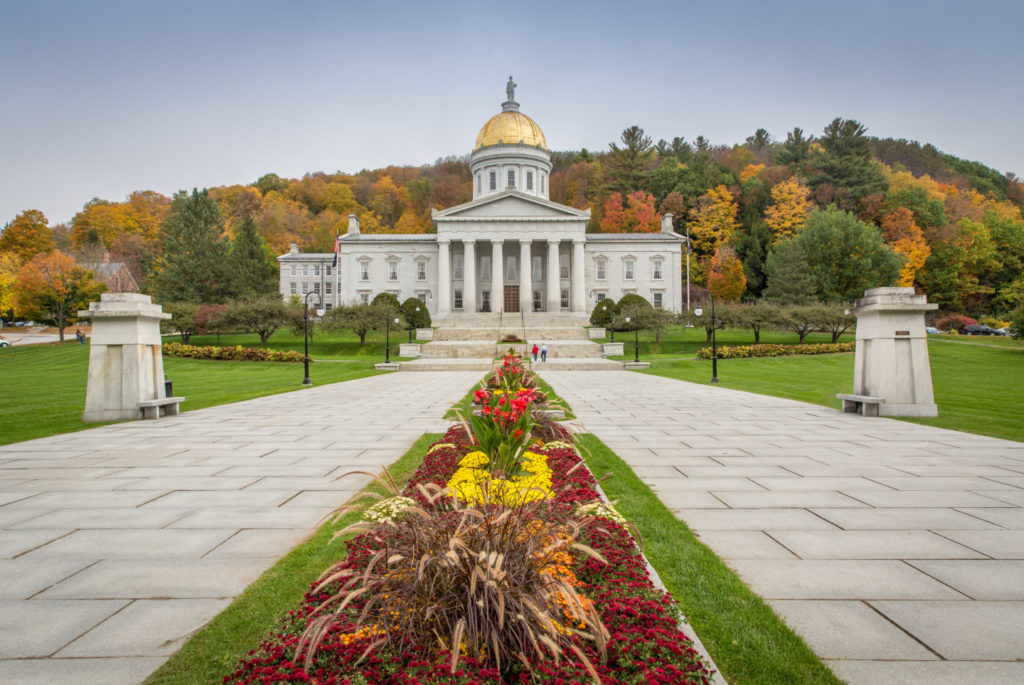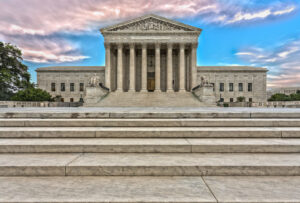Religious schools will be denied voucher participation in Vermont bill if they act like religious schools
In spite of growing support for school choice among parents nationwide, the Vermont Senate passed a school voucher bill last month that would prohibit sending public dollars to schools that practice…

In spite of growing support for school choice among parents nationwide, the Vermont Senate passed a school voucher bill last month that would prohibit sending public dollars to schools that practice religion.
Even though a 2020 Supreme Court ruling in a Montana case opened the door for voucher programs to include religious schools in many places, Vermont case law appears to hamper it. This bill seeks to inscribe those case-law restrictions into state law.
Bill S.219 would specifically prevent public dollars from going with students to private Christian or other religious schools that require religious instruction, propagate their religious views or include worship. In other words, religious schools that do religious things will not get funding.
The bill proposes “adequate safeguards to ensure that none of the tuition for which payment is requested has been or will be used to support religious instruction or worship or the propagation of religious views.”
Bill S.219 also prohibits a school district from “paying public tuition to a qualified school or program, regardless of religious status or affiliation, unless the school or program complies with federal and state antidiscrimination laws applicable to public schools.”
Robin McCormick, assistant principal of St. Francis Xavier School in Winooski, is concerned about how the bill will limit the hiring criteria for her school, and that it effectively will “punish” parents financially for sending their kids to faith-based schools.
“While we welcome students of all faiths – or no faith – we ask that teachers in our school be able to model and teach the tenets of our faith since it is a key part of our mission,” she told The Lion. “It appears right now that this bill would not allow us to ask this of our teachers.
“Nor would we be able to maintain our current practices of attending a weekly school Mass, beginning and ending each day in prayer, and referencing our faith in any way other than, as the bill states, ‘instruction that is designed to provide an overview of religious history and teachings.’
“One of the primary sponsors of this bill has spoken about the need to put ‘guardrails’ around the use of tax dollars in religious schools, but this bill seems much more like an effort to penalize families who attend religious schools or to force religious schools to abandon the faith component of their mission.”
Other critics of the bill say Vermont should wait for the Supreme Court’s ruling on a similar case in Maine. “By moving quickly ahead of the decision in that case, we’ve put ourselves at risk and could find ourselves even more hampered down the road,” former state Education Secretary Rebecca Holcombe told local media.
The Maine case is expected to be decided by the Supreme Court this summer. The Vermont Senate bill is now in the House.



